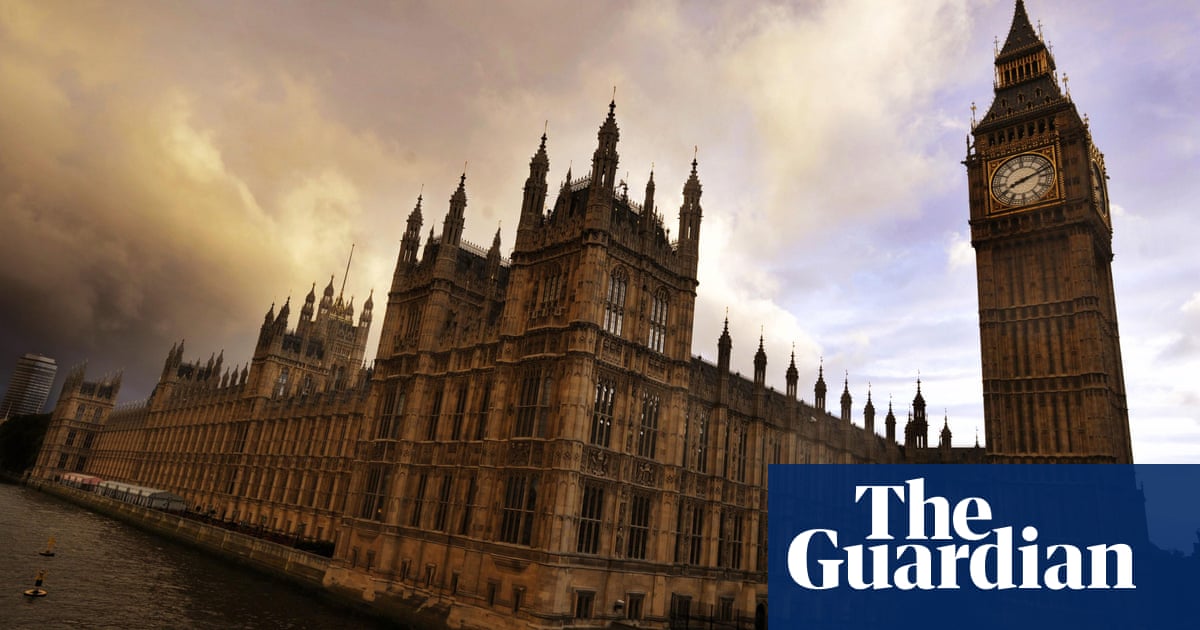
At a speaking engagement in Washington on Thursday, Gen. David Petraeus, the former director of the Central Intelligence Agency (CIA) and the commander who oversaw the “surge” policy in Iraq in 2007, spoke about Syria and the prospects for peace, among other topics. It was clear that he was careful not to give the impression that there are easy solutions to what is arguably the most intractable conflict in the world. In fact, at one point, Petraeus referred to the country as being in a state of “meltdown,” calling it an international version of the infamous Chernobyl nuclear disaster in Ukraine.
At the same time, he struck a positive note when he drew a distinction between the policies of the US under Donald Trump and those of his predecessor, Barack Obama. Unlike Obama, who did not adhere to his self-imposed “red line” on the use of chemical weapons by the Bashar Assad regime, Trump has restored American credibility by launching military strikes against the Damascus regime on two separate occasions, the former general argued. That is a common view in Washington. Nevertheless, it remains to be seen whether the world’s sole superpower has enough leverage and enough at stake in Syria to help end the conflict.
To put it simply, too many players — local and outside — have been fighting for too long and have invested so much political capital that it has become very difficult for the parties involved to make meaningful compromises. The stakes are indeed very high for most, if not all players: The Assad regime, Iran, Hezbollah, Russia, Turkey and the opposition forces that are still fighting. For some, it is an existential threat.
There has never been much doubt that both the Obama and Trump administrations understood the enormous ramifications of the Syrian conflict and its potential to shape the political trajectory of the region for years to come. However, the former’s reluctance to get “entangled” in any way other than by launching airstrikes against the terrorist group Daesh became obvious early on in the conflict. The Trump administration, on the other hand, seems to be willing to shift its strategy and to make the necessary adjustments based on changing realities on the ground. The Trump administration appears resolute about not allowing either Daesh or Iran and its forces and militias to triumph. It does not see these two goals as being mutually exclusive and understandably so for a simple reason: They are not.
To this day, many blame Obama for the escalation of the conflict by reversing course seemingly overnight on his now infamous red line. Had the US intervened more forcefully, the conflict could have perhaps proceeded differently, the critics argue. The emphasis on the importance of US credibility that Petraeus made in his talk should not be underestimated.
President Trump has restored American credibility by launching military strikes against the Assad regime on two separate occasions.
Fahad Nazer
Over the course of the past year or so, the Trump administration has issued several statements warning the Assad regime not to use chemical weapons. When Assad neglected to heed the warning, the US hit his positions — twice. Although the strikes were of a limited nature, many have commended the White House for being consistent, resolute and not sending mixed signals. Just as importantly, the administration has also gone after Daesh and the territories it once controlled in eastern Syria with a vengeance, by providing air support to local fighters known as the Syrian Democratic Forces. The question now becomes whether the US administration can somehow leverage the newfound credibility — and perhaps even goodwill — that it has garnered in a way to also force Iran and its sectarian militias out of Syria. Of course, it is not only the US that has a military presence in Syria; Russia and Turkey do also.
While some have already proclaimed the Assad regime to be the victor in the Syrian war, it is hard not to see this as a Pyrrhic victory that has come at an enormous cost in terms of lost legitimacy, not to mention the unspeakable suffering of millions of Syrians and the devastation of many cities. By all accounts, the regime would not have survived without the support of Iran, Hezbollah and, most importantly, Russia’s military interventions. And, while all the major outside players were in agreement that Daesh had to be defeated and its territories had to be liberated, beyond that, short-term goals and long-term objectives have varied widely.
The violence in Syria may have ebbed momentarily after Russia and Turkey brokered an agreement that established a demilitarized zone in the northwestern province of Idlib, sparing the last opposition stronghold from what looked like an impending Syrian regime assault. But Turkey has made it known that it has its own red line when it comes to certain Kurdish forces expanding their presence along the Syrian-Turkish border. Russia also made its long-term plans clear when it announced the establishment of permanent military bases in Syria, including the naval base at Tartus, which is Russia’s only presence in the Mediterranean Sea. Likewise, Iran and its proxy force Hezbollah have also worked methodically to spread their signature sectarianism to sow divisions between the different religious communities in Syria, as they have done in Iraq, Lebanon and even Yemen.
One must take solace in the fact that the war in Syria will eventually come to an end. How and when remains a mystery. Whether it is the US, which appears to have relatively lower stakes but remains the world’s sole superpower, that uses its newly restored credibility to bring it to an end also remains to be seen.
Fahad Nazer is a political consultant to the Embassy of Saudi Arabia in Washington and an International Fellow at the National Council on US Arab Relations. He does not represent or speak on behalf of either organization. Twitter: @fanazer
Disclaimer: Views expressed by writers in this section are their own and do not necessarily reflect Arab News" point-of-view












